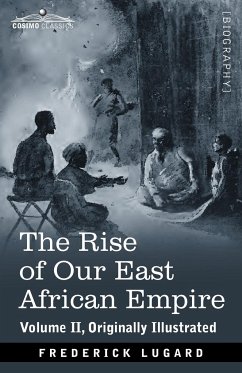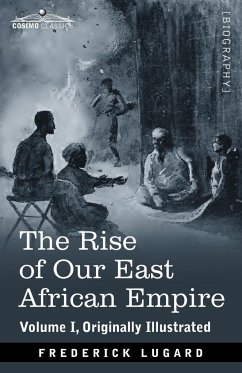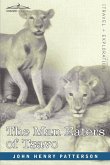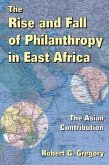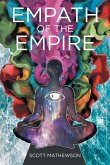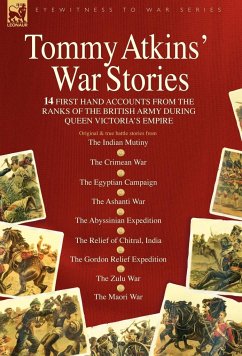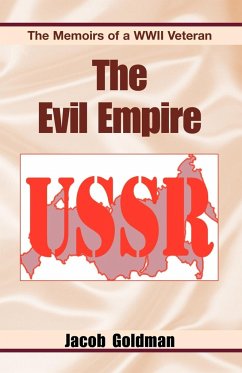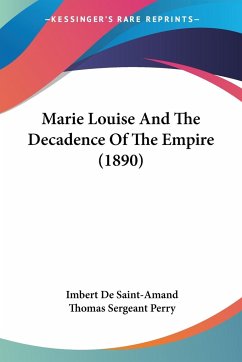"...the Christians had been again driven out of Uganda, and in the king's name implored the assistance of the British, offering a monopoly of trade, the acceptance of the British flag and protection...and free rations for the expedition." -Frederick Lugard, The Rise of our East African Empire, Volume II (1893) The Rise of our East African Empire, Volume II (1893) by Frederick Lugard was written after Lugard traveled extensively through Nyasaland and Uganda from 1888 until his return to England in 1892. This semi-autobiographical work documents his experiences in Africa as well as his knowledge of British colonialism. A continuation of Volume I also available from Cosimo Classics, these two volumes contain 130 illustrations and 15 maps for an enhanced reading experience. This primary source is an excellent addition to the personal library of anyone interested in gaining in-depth knowledge of British Imperialism.
Hinweis: Dieser Artikel kann nur an eine deutsche Lieferadresse ausgeliefert werden.
Hinweis: Dieser Artikel kann nur an eine deutsche Lieferadresse ausgeliefert werden.

